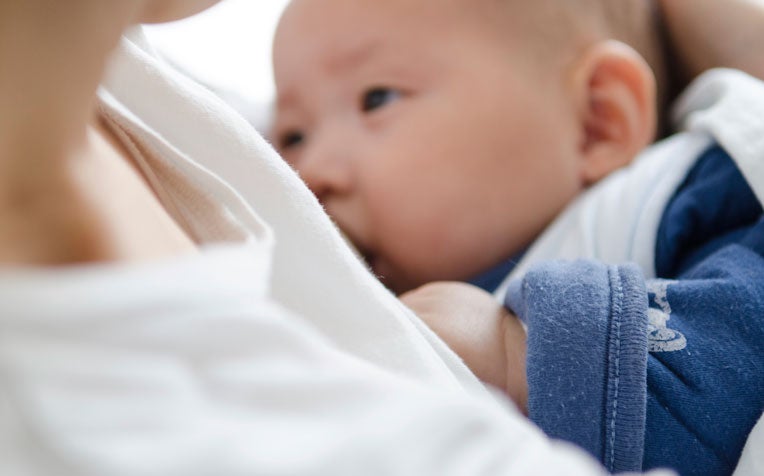
Breastfeeding mothers may sometimes experience mastitis.
“Nursing mothers can receive safe antibiotics and painkillers to minimise discomfort. Stopping breastfeeding might create engorgement and worsen matters,” says Associate Professor Yong Tze Tein, Head & Senior Consultant from the Department of Obstetrics and Gynaecology at Singapore General Hospital (SGH), a member of the SingHealth group.
Mastitis can have many causes, such as cracked nipples which facilitate the transmission of bacteria commonly present in an infant’s mouth. Prevention is better than cure.
5 Ways to prevent mastitis
Preventive measures include:
Breastfeed regularly, completely emptying the breast each time. Pump your breast if you’re separated from your baby, as engorged breasts can lead to mastitis.
Feeding should be on demand. Look at your baby, not at the clock.
Cracked or sore nipples can be caused by poor positioning or latching-on. Seek assistance early to get it right from the start.
Build your resistance to infection by controlling any condition that affects your immune system, such as diabetes or anaemia.
Get enough rest and eat properly. Do not be afraid to ask your friends and family members for help for your household responsibilities.
“Most women worry even before they start breastfeeding. It is important to be prepared, read or attend classes before your baby arrives. Start breastfeeding immediately after delivery, get the right latch and feed on demand. This will go a long way towards preventing mastitis. Otherwise, mastitis can be easily treated by antibiotics, painkillers and prevention of engorgement,” says Prof Yong.
About breastfeeding and mastitis
Breastfeeding is the normal and natural way of feeding babies. Every pregnant woman dreams of perfect bonding sessions with her baby. But for some, breastfeeding can be challenging.
Some mothers may experience mastitis, an inflammation of the breasts that can be accompanied by infection. Mastitis symptoms include:
Pain
swelling
Redness, and
Increased temperature of the breast.
The good news is that early intervention can minimise the risk of discomfort and other problems.
FAQs about breastfeeding
1. How common is breastfeeding in Singapore?
In Singapore, with the introduction of the Baby Friendly Health Iniatiatve, all three restructured hospitals with maternity services – Singapore General Hospital (SGH), KK Women's and Children's Hospital (KKH) and National University Hospital (NUH) – have been accredited "Baby Friendly".
This means steps have been put in place to support and assist mothers in breastfeeding and hence, the breastfeeding rates in Singapore have increased.
2. What are common causes for women quitting breastfeeding?
After the demands of work, insufficient milk supply is the second reason working Singaporean women quit breastfeeding, according to a Health Promotion Board (HPB) survey.
Breastfeeding forums are rife with accounts from mothers feeling inadequate because their milk doesn’t seem to cover their baby’s feeding needs.
“Insufficient breast milk is often a matter of perception and inadequate understanding of how breast milk is produced. No matter the feeding method, breast milk is produced. Continued supply is ensured by regular and frequent suckling at the breasts. In reality, very few mothers cannot produce enough milk,” says Prof Yong .
3. Will mixing formula with breast milk affect a mother's milk production?
Mixing breastfeeding with bottle-feeding will worsen poor milk supply. Why? A formula-fed baby will suckle less. With less perceived demand, the mother’s production decreases. “To ensure good supply, feed the baby on demand. Avoid unnecessary supplementation with formula or water,” says Dr Yong.
Contributed by














 Get it on Google Play
Get it on Google Play